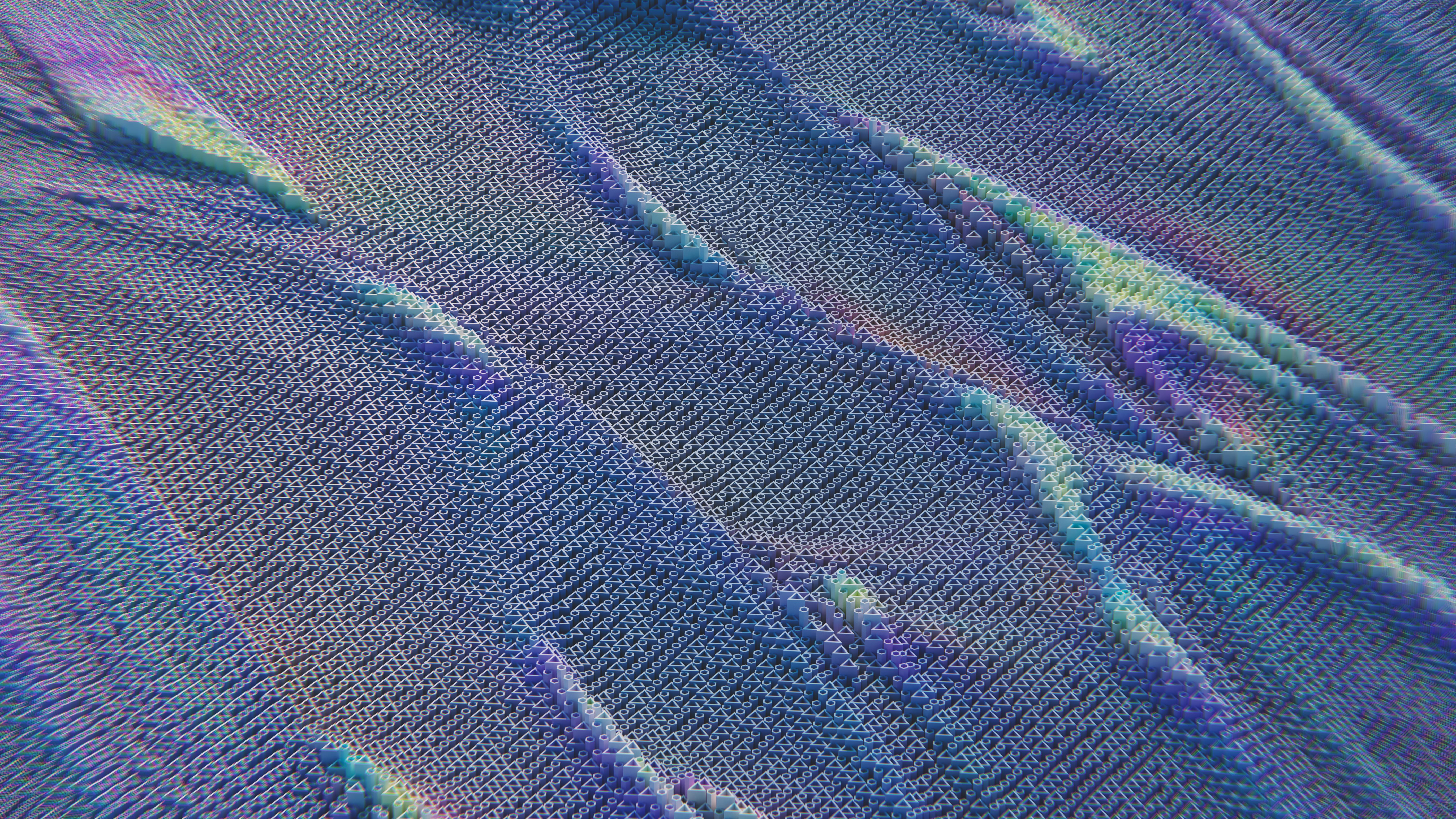Google Cracks Down on Deepfakes using AI
In the era of rapid technological advancements, the rise of deepfake technology has sparked concerns regarding its potential misuse in spreading misinformation and manipulating digital content.
Deepfakes, which are AI-generated synthetic media that depict individuals saying or doing things that they never said or did, have the power to deceive and manipulate at an unprecedented scale.
Recognizing the dangers posed by deepfakes, tech giant Google has taken a proactive stance in combating this emerging threat. Leveraging the power of artificial intelligence, Google has implemented innovative strategies to detect and mitigate the spread of deepfake content across its platforms.
Artificial intelligence plays a crucial role in identifying and flagging deepfake content. By analyzing patterns, inconsistencies, and anomalies within videos and images, AI algorithms can effectively distinguish between authentic and manipulated media.
Google's advanced AI systems utilize deep learning algorithms to detect subtle cues and discrepancies that indicate the presence of deepfake elements. Through continuous training and refinement, these AI models enhance their ability to accurately identify and filter out deceptive content.
Collaborative Efforts and Partnerships
Google recognizes that combating deepfakes requires a collaborative and multi-faceted approach. As such, the tech giant has forged partnerships with leading experts in AI, cybersecurity, and media forensics to strengthen its defense mechanisms against deepfake threats.
By pooling together diverse expertise and resources, Google aims to stay ahead of malicious actors who seek to exploit deepfake technology for nefarious purposes.
Empowering Users through Education
In addition to technological solutions, Google is committed to empowering users with the knowledge and tools to identify and combat deepfakes. Through educational initiatives, awareness campaigns, and transparency efforts, Google strives to equip individuals with the necessary skills to critically evaluate media content and discern fact from fiction.
By promoting media literacy and digital hygiene practices, Google aims to create a more informed and resilient online community that is better equipped to navigate the complexities of the digital landscape.
Conclusion
As deepfake technology continues to evolve, the need for robust defenses against its malicious use becomes increasingly urgent. Google's proactive measures to combat deepfakes using AI exemplify the tech industry's commitment to upholding the integrity of digital content and safeguarding against misinformation.
By harnessing the power of artificial intelligence, fostering collaborations, and prioritizing user education, Google sets a precedent for responsible technological innovation in the face of emerging threats.
Together, we can work towards a safer and more trustworthy digital environment where authenticity and truth prevail over deception and manipulation.
For more information on the impact of AI in technology imaging, check out this comprehensive article of AI.










